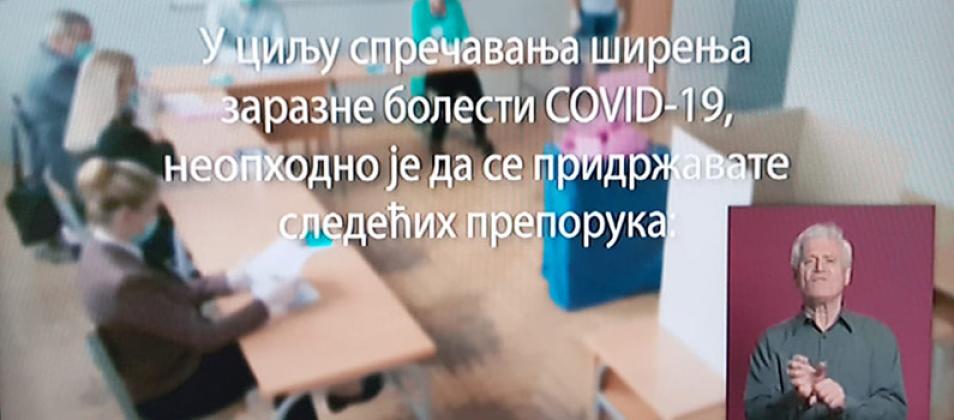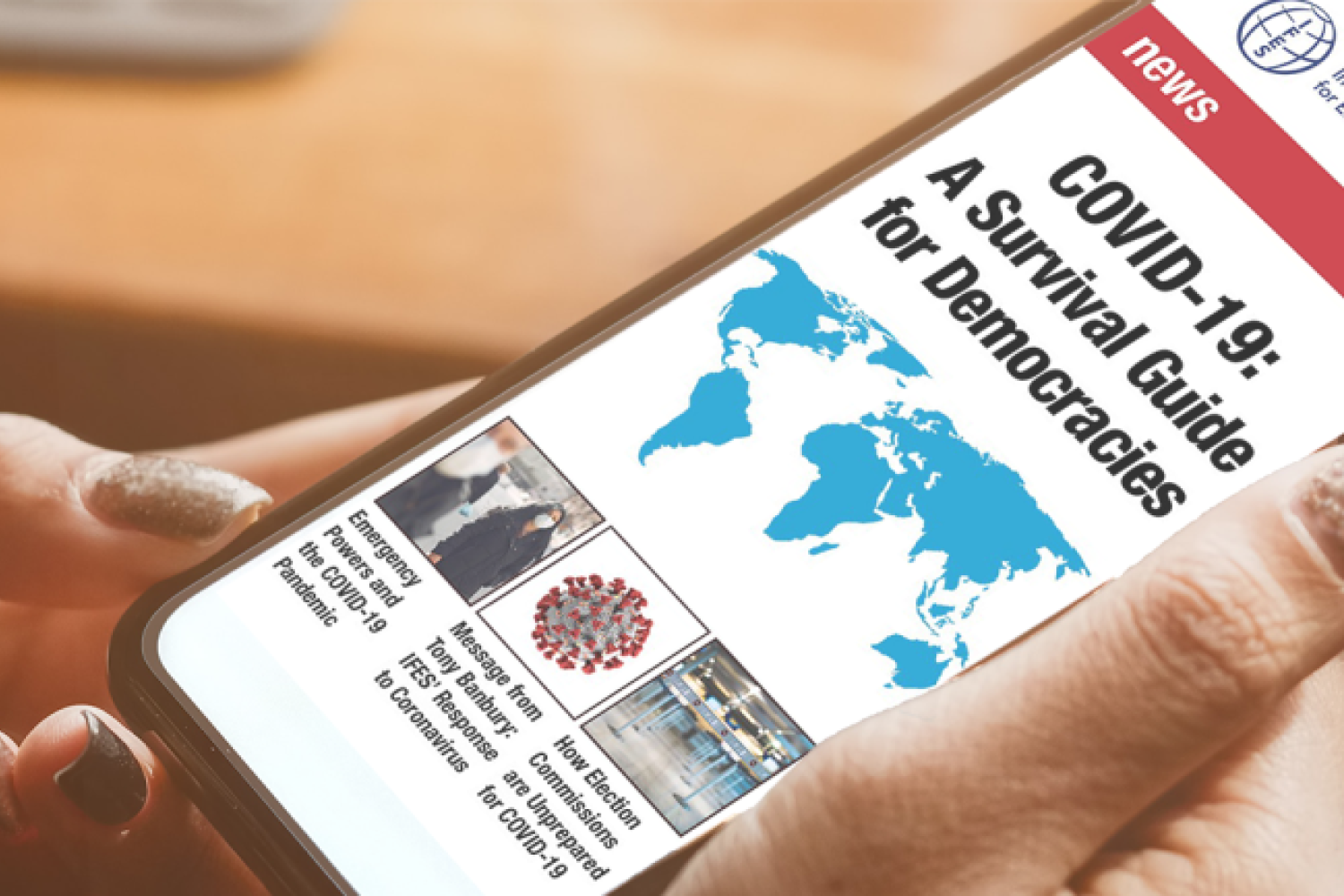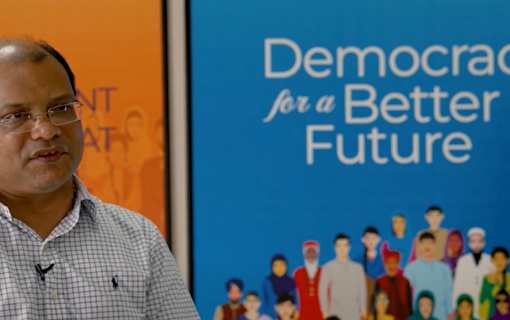
Elections and COVID-19 Response Analysis: 2020 Parliamentary Elections in Serbia
The International Foundation for Electoral Systems (IFES) provides partners around the world with critical information and technical assistance to overcome the challenges posed by the COVID-19 public health crisis. With the COVID-19 Briefing Series, for example, IFES covered crucial issues ranging from safe administration of electoral procedures to how to navigate the legal conundrums of postponing elections and how to preserve electoral integrity and inclusiveness during the pandemic.
Based on the briefing series analysis, IFES experts developed an analytical framework with specific indicators to better assess the impact of, and the response to, the pandemic on electoral processes. Indicators included the level of appropriateness of adopted mitigating measures and local authorities’ capacity to disseminate relevant COVID-19 information and counter disinformation; the extent to which political actors and frequently marginalized groups were consulted and considered in relevant legal amendments or in the development of preventive measures; and whether oversight mechanisms were in place to prevent corruption during the crisis. This framework offers a systematic approach to consistently analyze and compare countries’ different responses and their outcomes.
In this report, Elections and COVID-19 Response Analysis: 2020 Parliamentary Elections in Serbia, IFES experts put this analytical framework into practice and analyze in detail the many ways in which the pandemic affected the Serbian electoral process and how the country's authorities handled these challenges. More importantly, the report also draws lessons learned from the Serbian experience that could help future electoral processes in the country and elsewhere.
The Elections and COVID-19 Response Analysis: 2020 Parliamentary Elections in Serbia report was developed by IFES with the support of the United States Agency for International Development (USAID). The opinions expressed herein are those of the authors and do not necessarily reflect the views of USAID nor the United States government.
Published on December 21, 2020.
















